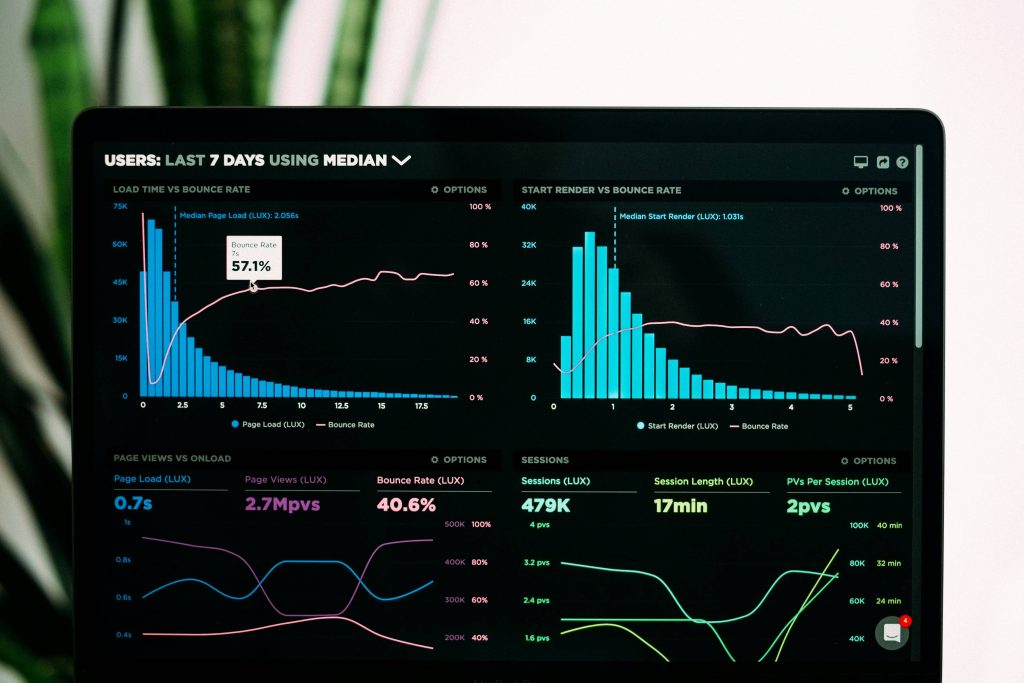
17 Apr Beyond the Firewall: Advanced Techniques for Website Security
Introduction
In an era where the digital landscape is the backbone of businesses and personal endeavors, ensuring robust website security is paramount. Digital security, in the context of websites, involves safeguarding data, maintaining integrity, and ensuring uninterrupted access for legitimate users. The repercussions of website security breaches, ranging from data loss to severe financial consequences and damage to reputation, underscore the urgency for comprehensive protection measures.
Website Security Fundamentals
Core Concepts
Confidentiality:
Safeguarding sensitive information forms the cornerstone of robust website security. Unauthorized access to user data poses significant risks, underscoring the paramount importance of prioritizing confidentiality measures.
Integrity:
Guaranteeing the accuracy of data and thwarting unauthorized modifications are indispensable elements for upholding trust. Any breach in data integrity jeopardizes credibility, eroding user confidence and necessitating stringent safeguards against tampering.
Availability:
Uninterrupted website functionality is imperative for both businesses and individuals. Consistent uptime and accessibility are essential to providing continuous service, fostering user satisfaction, and maintaining a positive online experience for all stakeholders.
Threats and Vulnerabilities
Malware:
insidious software that endangers data and functionality. Its diverse forms include viruses, worms, and trojans, compromising system integrity and often going undetected.
SQL Injection:
unlawfully manipulating a website’s database by exploiting vulnerabilities, jeopardizing data confidentiality, integrity, and overall security.
XSS (cross-site scripting):
Perpetrators insert malevolent scripts into web pages, targeting unsuspecting users, leading to potential data theft, privacy breaches, and system compromise.
DDoS Attacks:
Disruptive assaults overwhelm websites with traffic, rendering services inaccessible. Perpetrators exploit vulnerabilities, causing financial losses and operational disruptions.
Essential Security Measures
Secure Hosting:
Selecting a hosting provider with robust security features is essential for establishing a secure website environment. This foundation safeguards against potential threats and ensures data integrity.
Software Updates:
Consistently updating website software, including Content Management Systems (CMS) and plugins, is critical. Regular updates are imperative to patch vulnerabilities, enhancing the site’s overall security posture.
Secure Passwords:
Strengthening website security involves implementing stringent password policies for both users and administrators. This extra layer of protection helps thwart unauthorized access attempts, safeguarding sensitive information.
Data Encryption:
Ensuring the encryption of sensitive information during transit and at rest is fundamental. This security measure acts as a barrier against unauthorized access, maintaining the confidentiality of valuable data.
Access Control:
Implementing robust mechanisms to control user access and permissions is pivotal. This practice ensures that only authorized individuals have the capability to make changes, minimizing the risk of unauthorized modifications.
Backups and Disaster Recovery:
Regularly backing up website data and having a comprehensive disaster recovery plan is crucial. This proactive approach mitigates the impact of security incidents, enabling swift and efficient recovery from potential data loss or breaches.
Advanced Security Practices
Web Application Firewalls (WAFs):
Web Application Firewalls (WAFs) serve as a critical defense layer by thwarting common cyberattack vectors, enhancing the overall security posture, and safeguarding sensitive data from unauthorized access and manipulation.
Security Audits and Penetration Testing:
Rigorous security audits and penetration testing by seasoned professionals evaluate website vulnerabilities comprehensively. This proactive approach ensures early detection and rectification of potential weaknesses, preventing exploitation by malicious actors.
Continuous Monitoring and Incident Response:
Vigilant oversight of website traffic identifies and mitigates suspicious activities in real time. This proactive approach lowers the effect of security incidents greatly and improves overall resilience against cyber threats when combined with a well-structured incident response plan.
Conclusion
In the ever-evolving digital landscape, the imperative of fortifying website security cannot be overstated. As elucidated in “The Definitive Guide to Digital Security for Websites,” the fundamental principles of confidentiality, integrity, and availability underscore the bedrock of robust protection. Addressing threats such as malware SQL injection, XSS attacks, and DDoS assaults requires a multi-faceted strategy, ranging from secure hosting to advanced security practices like Web Application Firewalls, audits, and continuous monitoring. As businesses and individuals navigate the online sphere, the adoption of essential security measures, combined with proactive approaches and cutting-edge defenses, becomes paramount for sustaining trust, minimizing risks, and ensuring an unwavering digital presence in the face of evolving cyber threats.
Key Takeaways
- Fundamental Principles: Prioritize confidentiality, integrity, and availability as the foundation of robust website security.
- Common Threats: Understand and guard against threats like malware, SQL injection, XSS attacks, and DDoS assaults to protect data and functionality.
- Essential Measures: Implement secure hosting, regular software updates, strong password policies, data encryption, access control, and backups for comprehensive protection.
- Advanced Practices: Incorporate advanced techniques like Web Application Firewalls, security audits, penetration testing, continuous monitoring, and incident response to bolster defenses.
- Continuous Adaptation: Recognize the necessity of ongoing adaptation and proactive defense strategies in the face of evolving cyber threats to maintain trust and digital presence.
Frequently Asked Questions
Why is website security important?
Website security is crucial because it safeguards sensitive data, maintains integrity, and ensures uninterrupted access for legitimate users. Breaches in security can lead to severe consequences such as data loss, financial damage, and harm to reputation.
What are the core concepts of website security?
The core concepts of website security include confidentiality, integrity, and availability. Confidentiality involves safeguarding sensitive information, integrity ensures the accuracy of data and prevents unauthorized modifications, and availability ensures uninterrupted website functionality.
What are some essential security measures for websites?
Essential security measures for websites include selecting a hosting provider with robust security features, consistently updating software, implementing secure password policies, encrypting sensitive data, controlling user access, and regularly backing up data with a comprehensive disaster recovery plan.
Discover the essential strategies of SEO that every website owner should know to stay ahead in the digital landscape and achieve long-term success.



